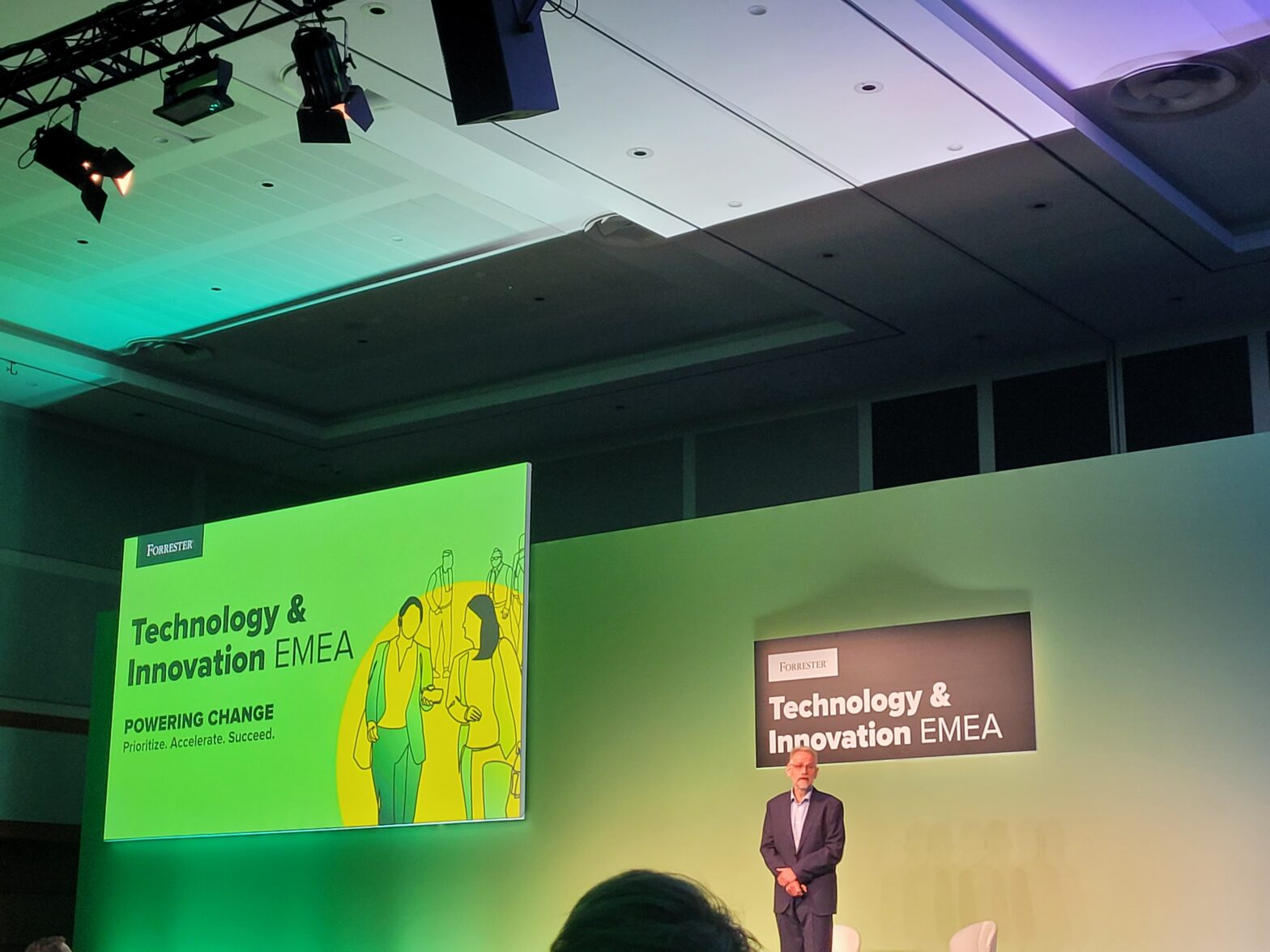Gartner’s recent 2021 CIO Agenda found that top-performing companies are those which have prioritised digital innovation during the pandemic. This is unsurprising given most CIOs had little choice but to pursue innovation. From rolling out widespread remote working to enhancing digital customer care channels, forced transformation defined 2020. This left CIOs under huge pressure to deliver at a faster pace.
As 2021 looms the rate of change is not likely to slow down, meaning yet more transformation. However, businesses that want to stay ahead need to learn how to drive the required change whilst managing the human impact on technology teams.
Winning the emotional marathon
A degree of stress for a CIO is expected and unavoidable in any change project. However, businesses are currently failing to manage this pressure effectively. Recent independent research conducted on behalf of Firstsource found that 55% of business leaders wished they had managed the emotional marathon of change projects better. And CIOs identified the three biggest causes of stress as:
1. Not having the right mix of skills in the team.
2. Pushing too hard and harshly without taking time to celebrate wins.
3. Resistance from key stakeholders in other divisions and countries.
To support CIO’s digital transformation, the research spoke with 120 business leaders to understand how to turn challenges into catalysts for success. This resulted in the emergence of a framework with five areas that are key to managing stress and ensuring a transformation project’s success. Proactively addressing these five areas will help CIOs deliver projects that unlock the full potential of their businesses while managing the stress levels of teams.
Managing the business case optimism: CIOs will always aim to keep transformation projects realistic and grounded. However, business cases are never static. It is inevitable over the project’s lifetime new challenges will emerge that impact costs and time scales. CIOs need to ensure they, their teams and the business are ready when the inevitable happens. To do this, CIOs in the research recommend:
• Engaging and involving cautious stakeholders throughout the planning process.
• Meeting and evaluating the reliability of suppliers and partners early in the project.
• Carrying out a full pilot to identify challenges and solutions before widespread implementation.
• Conducting a drill down into assumptions and forecasts.
• Maintaining adaptability and agility throughout the process.
‘We are at a critical point for mental health in the tech sector’
Assess organisational impact and readiness: Transformation projects impact the whole business. This includes IT systems, business processes and company culture too. By carrying out a thorough impact assessment CIOs can reduce discord and pressure; 82% of low-stress projects carried out a detailed impact assessment, compared to less than half (46%) of high-stress ones.
Embracing disconcerting voices: Listening to disagreeing voices ensures that potential issues are not overlooked. Business leaders pointed out that more needs to be done for this than creating and promoting an open culture and allowing people to speak up. Those leading change need to develop steering groups to highlight and discuss uncomfortable truths and raise concerns. This will also ensure plans and projects get greater buy-in from all parties.
Forming a genuine partnership: Vendors, consultants and system integrators need to be involved and encouraged to share their concerns and opinions at the steering groups and project planning stages. Moreover, seeking out truly collaborative relationships reduces the chance of future conflicts. So, during vendor selection leaders need to look at suppliers’ culture. The cultural fit can be maintained through an informal process where CIOs and partner leads can hold honest and frank discussions.
Managing the emotional optimism: Transformation projects naturally have highs and lows as obstacles emerge and are overcome. CIOs need to ensure that these emotional elements of a project are managed well too. To do this CIOs need to take time to identify and celebrate wins with their teams, with one Head of Transformation suggesting: “The concept of agile sprints
is a really good way of managing [the emotional marathon] because you chunk it up. Eat your elephant piece by piece. Take time to pause, reflect, and go; ‘look how far we’ve come’.”
In addition, the research also identified the importance of learning from mistakes while avoiding the creation of a blame culture and developing an empathetic approach, especially when things go wrong with one Chief Data Officer noting: “It’s about trying to say to people; ‘It’s OK to be wrong. No one is perfect. In fact, everybody is almost completely imperfect, and it’s about how we deal with that.”
The year of the CIO
The role of the CIO is more important than ever before. Due to the pandemic, organisations are increasingly turning to digital initiatives to enhance their resilience and agility. Not surprisingly, research finds 83 percent of business leaders saw their organisations increase spend on digital initiatives as a direct result of the pandemic. Naturally, the expanding digital budgets will further elevate the role of the CIO.
As Gartner’s Thomas Nielsen points out, CIOs “now have the attention of the CEO, they have convinced senior business leaders of the need to modernise technology, and they have prompted boards of directors to accelerate enterprise digital business initiatives, they have never been in a stronger position”.
2021 is the year of the CIO, and those that master the emotional marathon of transformation projects will be giving themselves and their business a huge competitive edge for the future.











